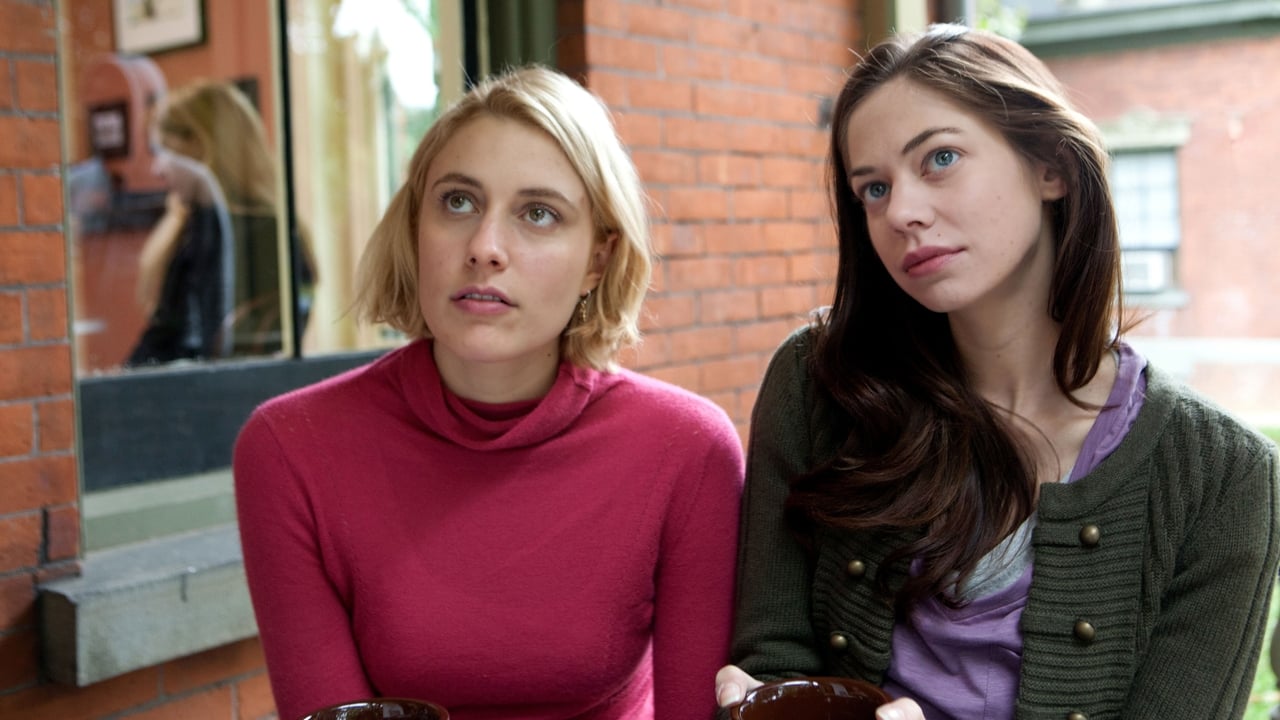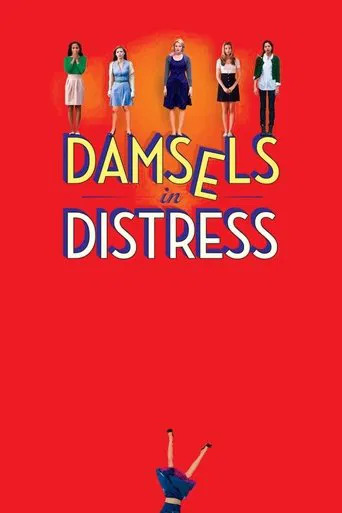

Highly Overrated But Still Good
... View MoreIt's a mild crowd pleaser for people who are exhausted by blockbusters.
... View MoreClever and entertaining enough to recommend even to members of the 1%
... View MoreIt is neither dumb nor smart enough to be fun, and spends way too much time with its boring human characters.
... View MoreGreta Gerwig's unique style is perfect for her role as Heather in this excellent little flick. She sets a moralistic tone and clearly intends to reduce the rate of suicides in her college, which she says are all caused by boys. Boys also stink, and later she adopts a cheap soap which helped her to deal with losing Frank's (incoherent) love. Sadly, none of the boys care. As we learn about Heathers misconceived love for Frank (who is an idiot), we learn that she changed her identity as a child, when she was called Emily Tweeter. She wrestles with suicide, and is saved by the savour of her motel's free soap. The dialogue throughout is excellent. I did not stop laughing. The ending is even more ridiculous as the whole cast does a "Freak" Astaire musical dance.
... View MoreThis is one of the most pretentious and irritating films I've ever seen. There is no plot or story to speak of. It's about four conceited girls, all named after flowers, who want to prevent suicide attempts by such pretentious means as distributing doughnuts and trying to create a dance craze called The Sambola! (exclamation included in the dance title; I told you it was pretentious). Most of the film is taken up by the incessant talking of the characters, particularly the lead player played by Greta Gerwig, who is a poor man's Chloe Sevigny. The characters speak in an excessively eloquent and elaborate manner, and are ridiculously open about sharing their feelings. Gerwig's character actually thanks her roommate for chastising her, and she is sincere about this. The whole film is as dull and monotone as the speaking voice of the lead actress, Greta Gerwig. It is incredibly pointless and painfully irritating. The girls are all named after flowers, the men are either eloquently well spoken or painfully "doofi" (totally pretentious, I told you).
... View MoreOK... This is a terrible movie. Please don't lose your time, seriously. Is stupid, very bad acting, and honestly, makes you angry. But,if you want to give a chance any way, do this: watch the first fifteen minutes, if you think is a stupidity, drop it. I saw this film due to the fact that critical reviews were mostly positive, and I saw the trailer and it looked good. I watched it all the way through, although at about the 15 minute mark, I came close to turning it... I wish I had. It gets worse and worse, and has no point at all. Sorry if I made any mistake, but I'm not English speaking. I did this because i'm trying to save you from a fiasco. I hope you miss only fifteen minutes top with this garbage.
... View More"Damsels in Distress" lives in a world utterly of its own making, and you're either going to accept that world or you're not. I was won over and found this film to be a charming, eccentric movie about a group of college girls, and one in particular, who hide their insecurities behind a confident desire to better their fellow students.Greta Gerwig is the leader of the pack, a somewhat annoying girl who also remains rather winning and appealing thanks to Gerwig's terrific performance. The film reminded me somewhat of another movie released this year, Wes Anderson's "Moonrise Kingdom" (though that's a far better film) in its quirky determination to stick to the rules it erects for itself, but also in its tone and its assembled cast of characters who are all basically good people trying to make sense of a frequently confusing and not always very pleasant world."Damsels in Distress" is not going to be to everyone's taste, but, also like "Moonrise Kingdom," if it is to your taste you'll probably be delighted by it.Grade: A-
... View More